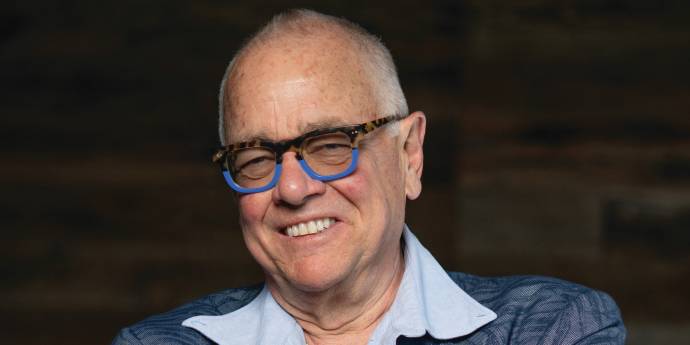OPINION
IMHO: The post-war consensus has gone
The world has fundamentally changed. Business and government must work together to protect the NZ economy.
Pic Picot is seeking to overcome supply chain disruption by growing his own. Peanuts, that is.

Supply chain disruption due to covid-19 meant Pic’s Peanut Butter moved from a “just in time” production model to “just in case”.
With uncertainty about when key ingredients would arrive, the company had to retain a large inventory in order to produce and package its products on time, says founder Pic Picot.
In order to ensure a secure supply of raw ingredients, Picot began working with farmers in Northland and the Ministry of Business, Innovation and Employment (MBIE) to grow his own peanuts.
“Supply chains had been an issue, but I was also concerned about our carbon footprint. Anything we can do to reduce that is a plus,” Picot says.
“It just seemed weird that we were bringing in peanuts from the other side of the world and then sending peanut butter back to the other side of the world.”
The company spends up to $10m per year on peanuts, predominantly sourced from Africa.
“That could be spent in New Zealand. And to spend that in Northland would be a huge boost for that region,” he says. The benefits go far beyond securing his supply chain, Picot says.
If his experiment in Northland is successful, New Zealand could have a peanut industry that creates jobs, keeps more dollars onshore and cuts our carbon footprint.
“I don’t know if I’m an old-fashioned protectionist of some sort, but if we are not importing things that would seem to have the same sort of benefit as exporting does. It helps our balance of payments and makes us much more resilient.
“I think it makes huge sense. I would like to see overseas suppliers become a backup rather than our main source.”
Picot says the trials are looking “quite hopeful” and it appears a peanut industry may be viable in Northland.
“Some of the varieties are showing promise. We would need something like 700 hectares to supply our peanuts. The bulk of our crop would come in under contract from local farmers. There is a lot of enthusiasm and some great farmers up there who are really excited about this.
“There will be a lot of expense involved in setting up a processing facility to dry them, store them and shell them. I would love to be at the forefront of getting a peanut industry going in Northland. It is very exciting.”
While there have been a few challenges – bulls got into a field and trampled it down, weeds need to be managed – the local farmers have thrown their knowledge and enthusiasm into the trials.
“Seeing the passion these guys have and their understanding that we need to reduce our carbon footprint and do things differently is incredible. It is astounding to see the general realisation among New Zealand farmers that we need to do things differently and our competitive edge is going to come from being responsible caretakers of the land,” Picot says.
At a Te Hono conference this year, Picot got a sense that industry leaders are ahead of consumers when it comes to taking climate action seriously.
“Crusty old meat company guys who have forever been pushing along – there is a real feeling that things have to change. I was talking to a farmer who was talking about social license as smoothly as his stocking rates and irrigation.”
And one of those forward thinkers is Picot himself, working for peanuts.